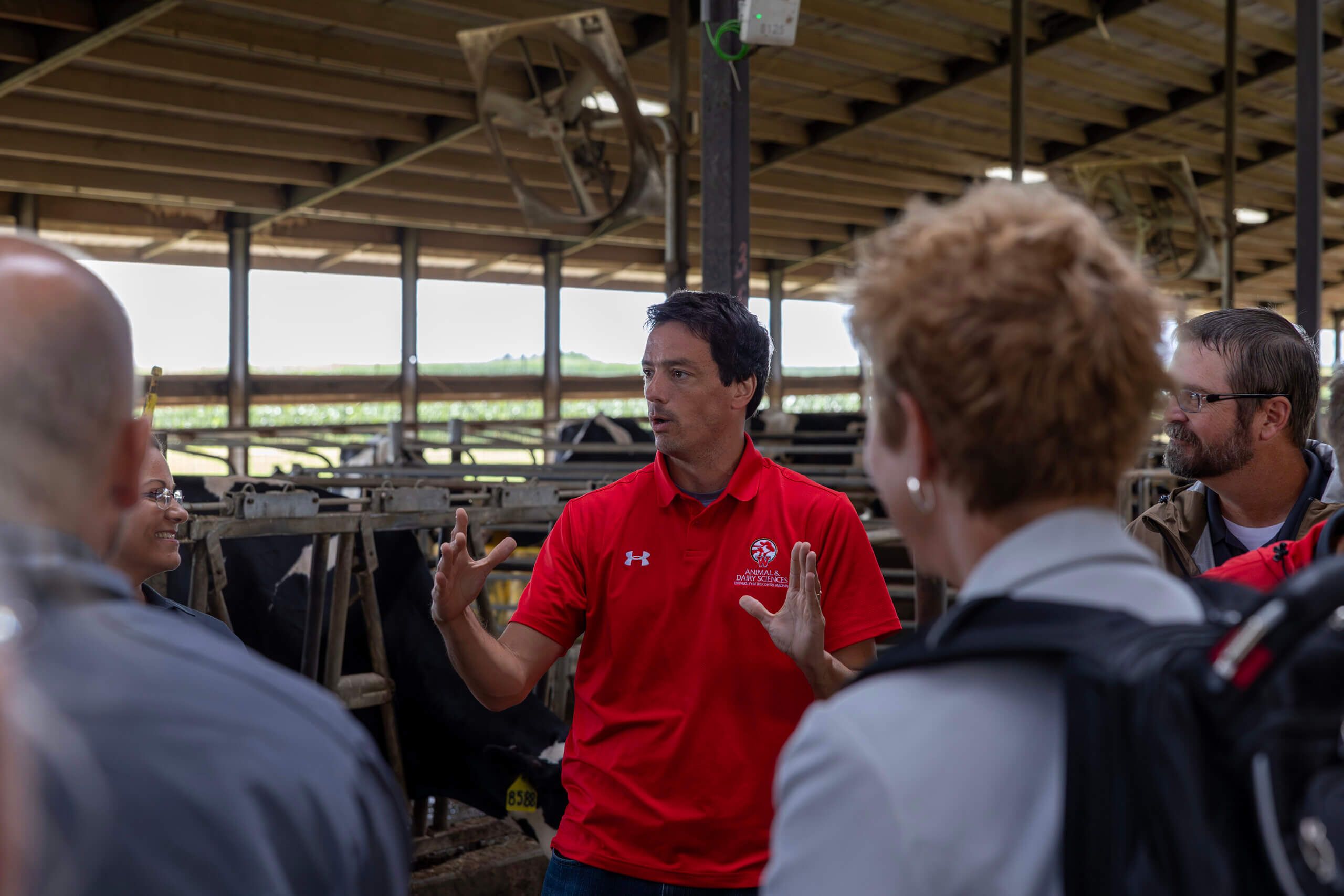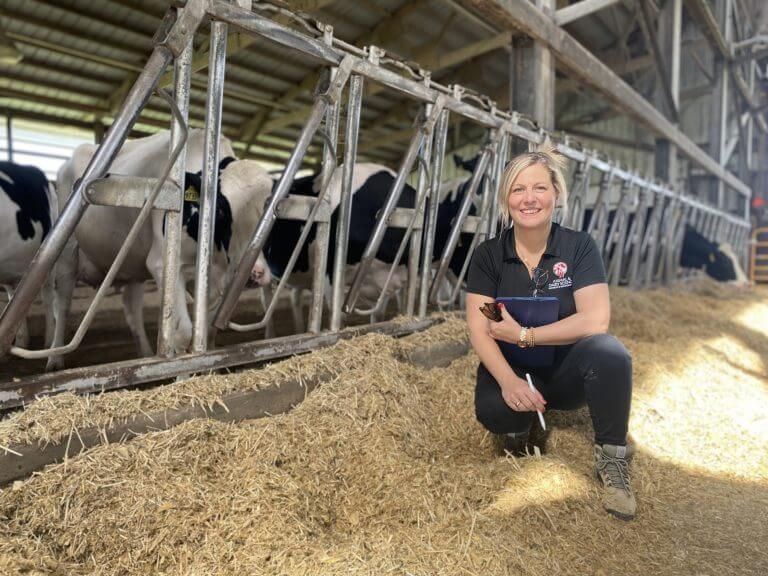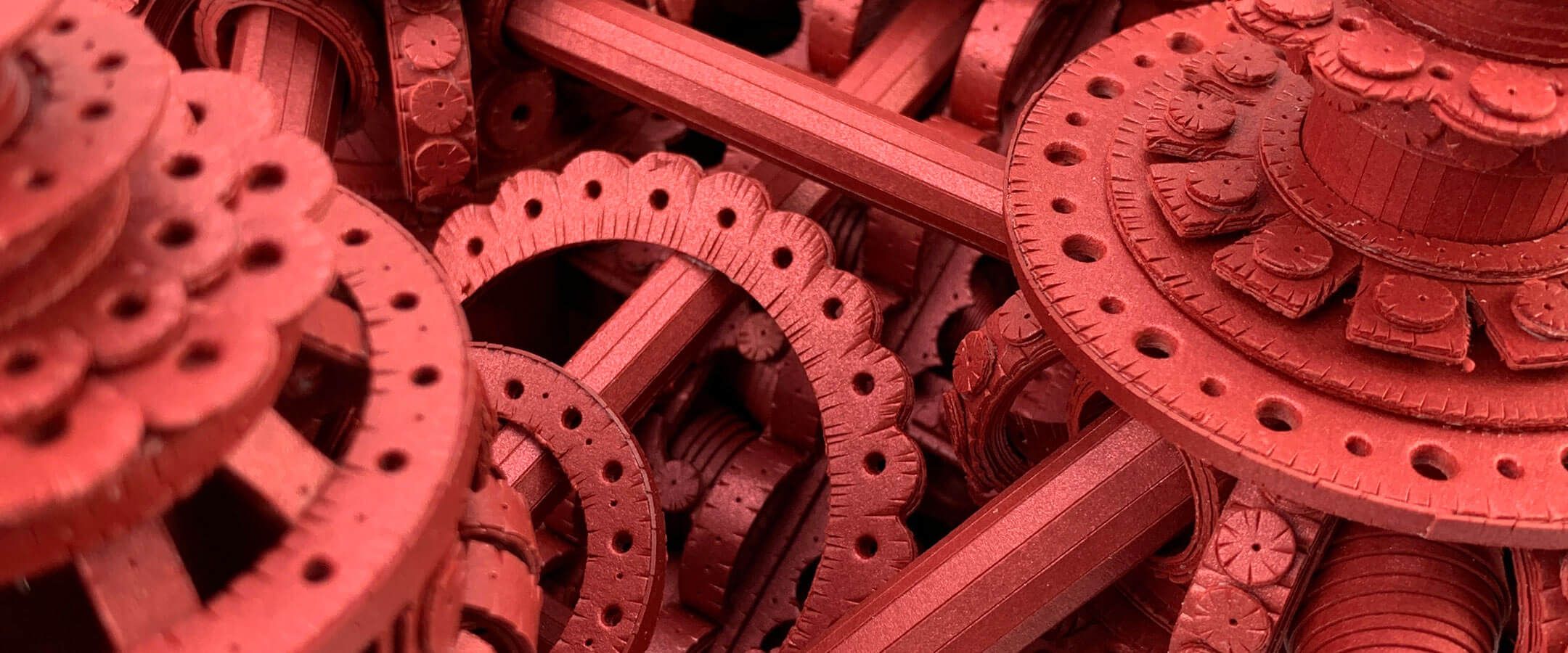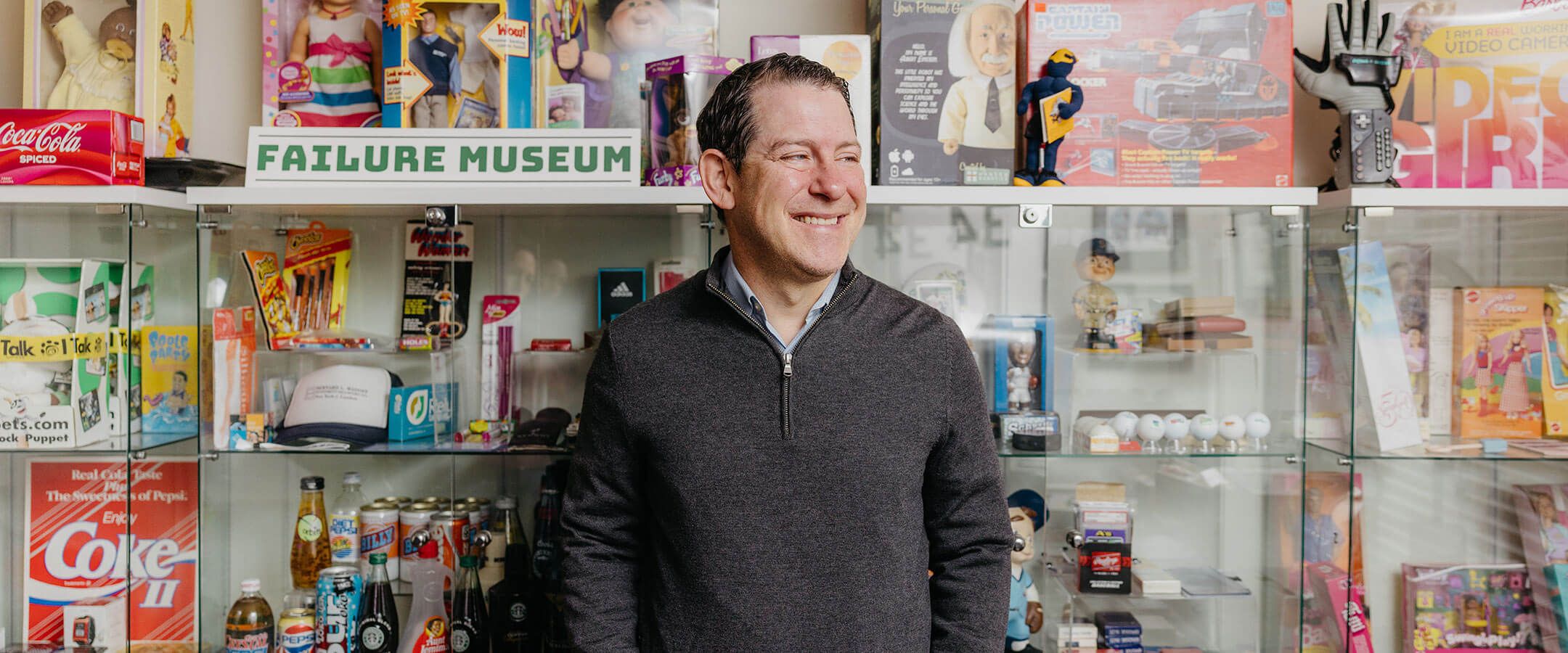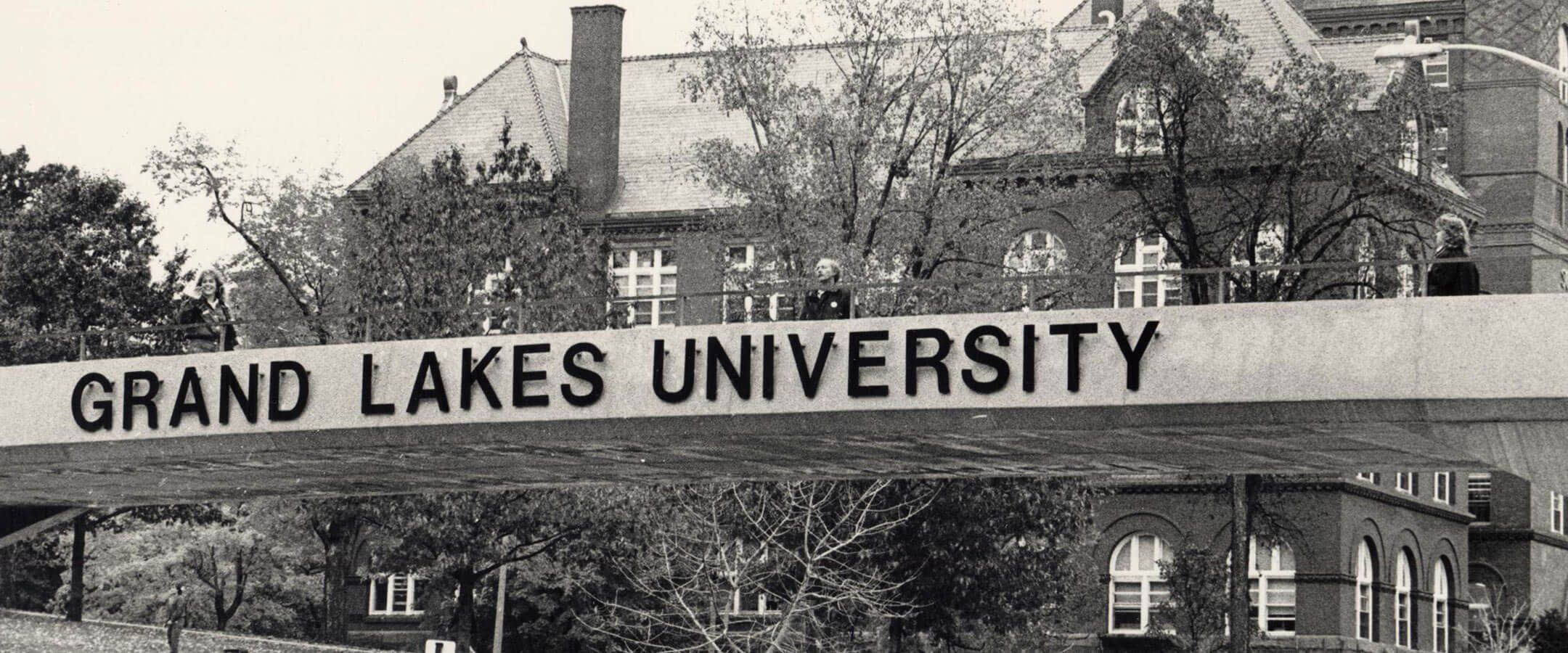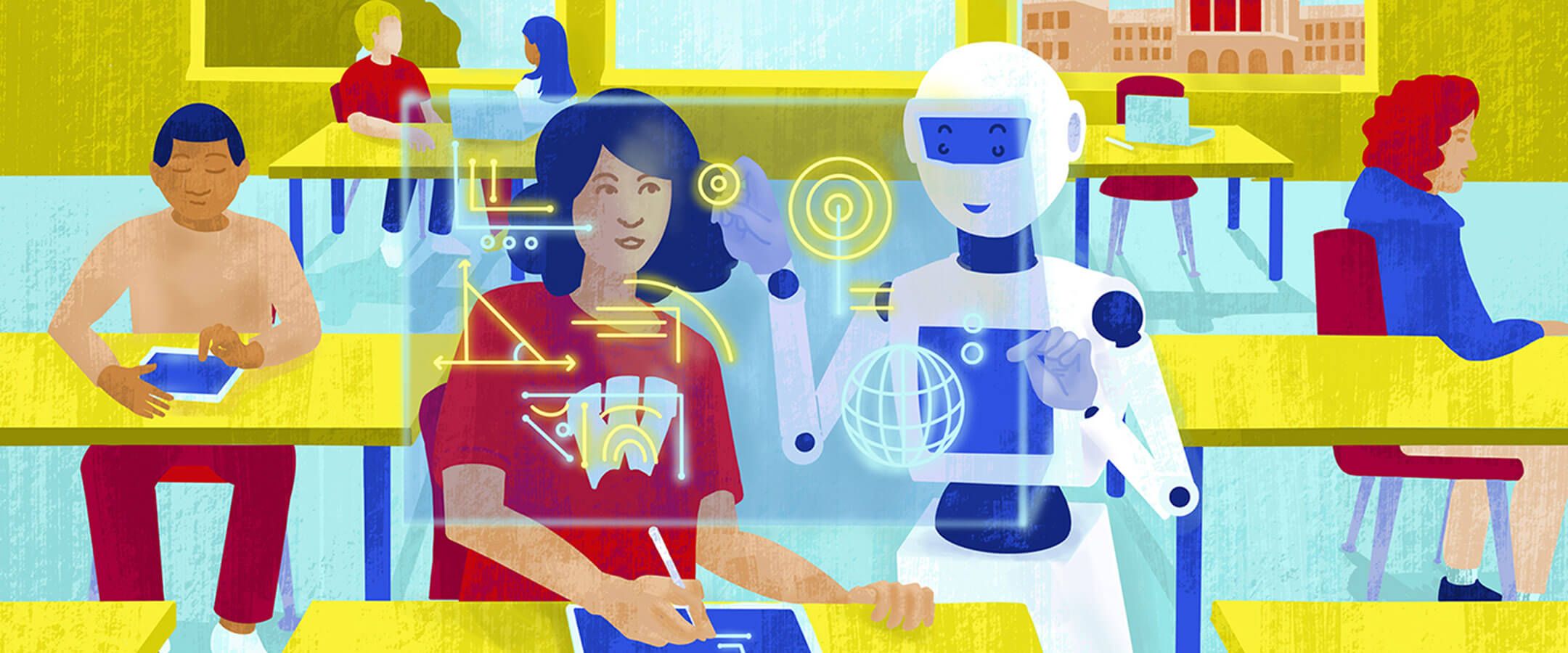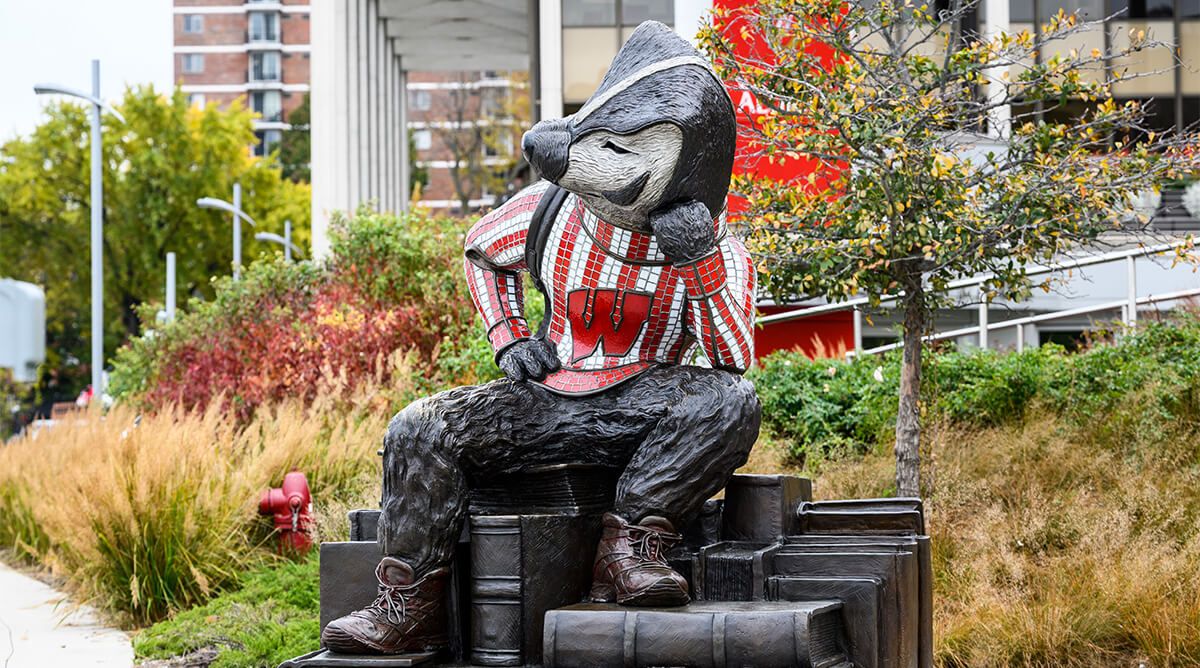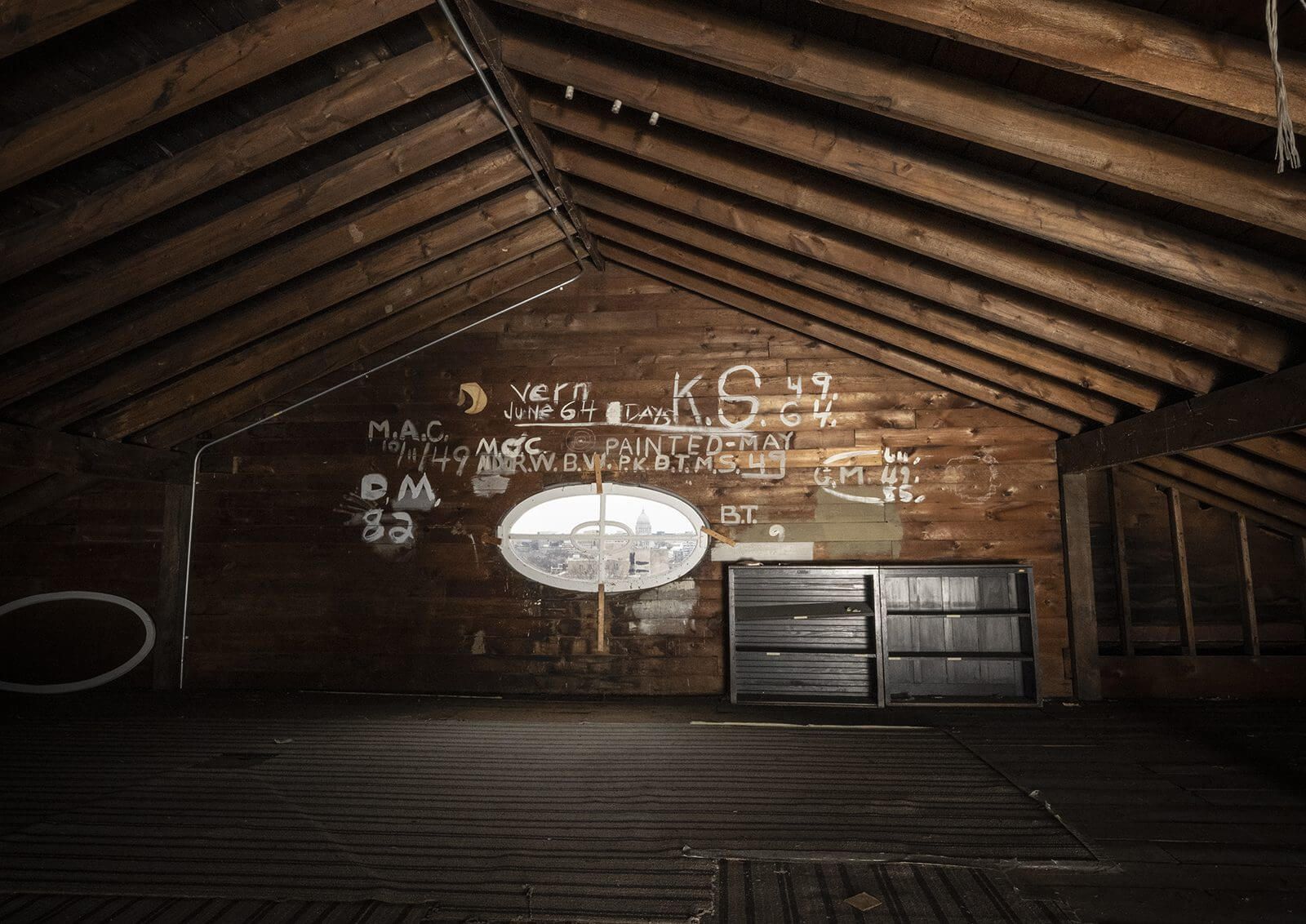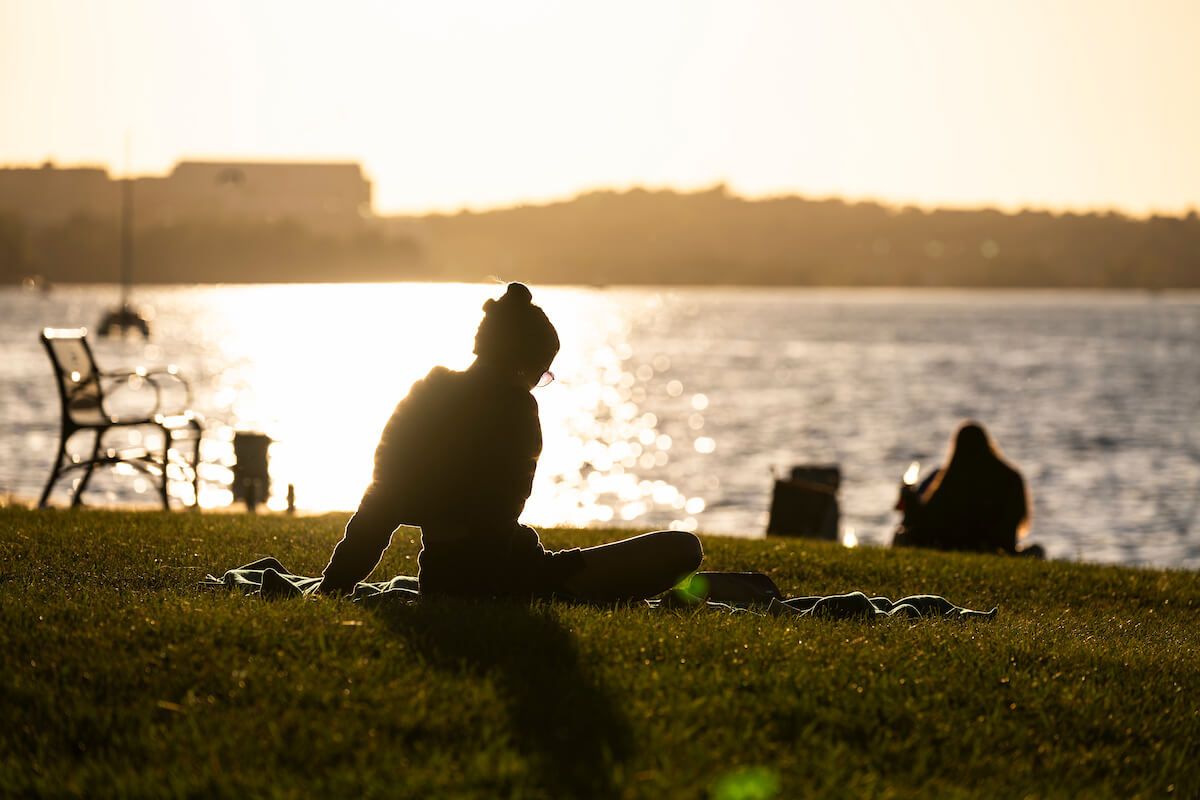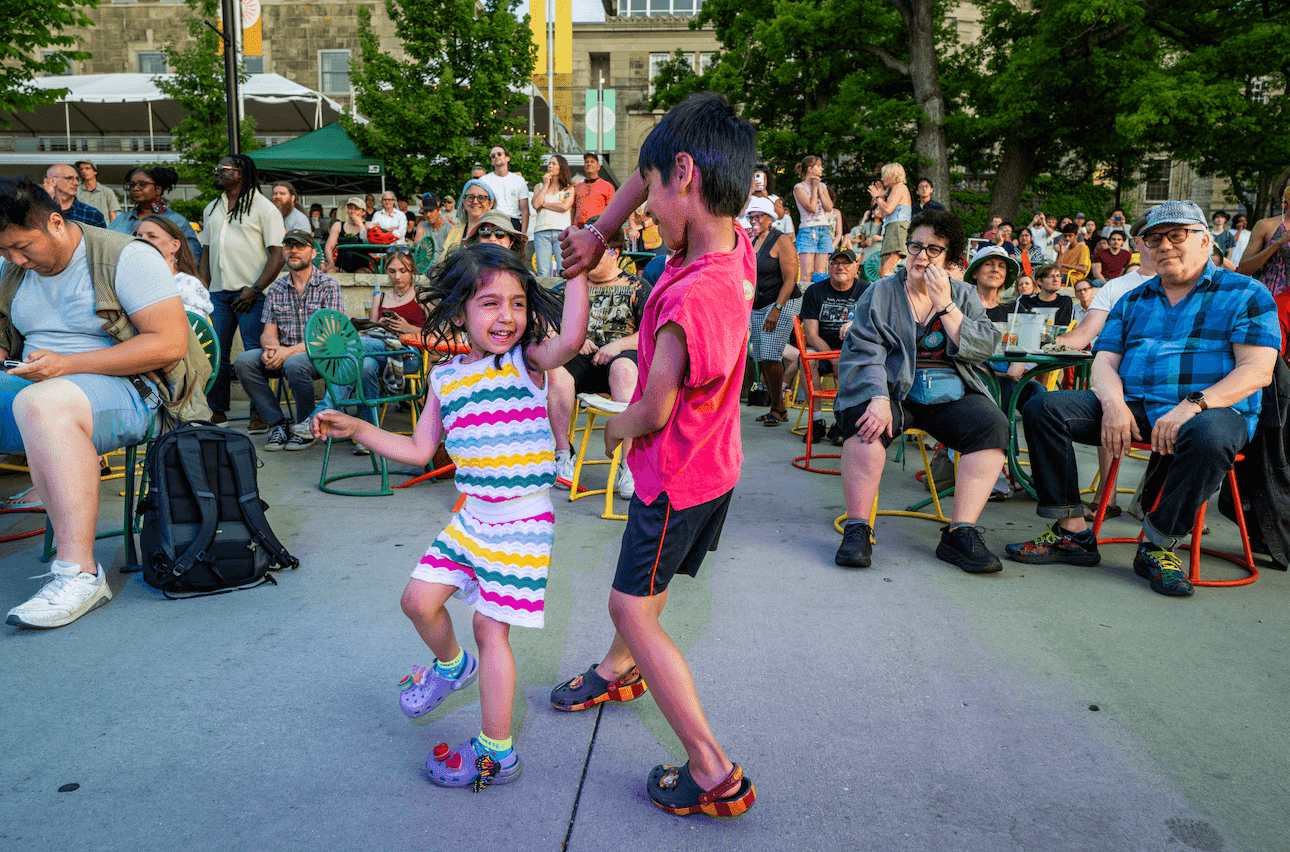A History of Badger Travel to Pasadena
Thousands of Badger fans traveled to the west coast in late December to watch their Wisconsin football team battle it out for the title of Rose Bowl Champion. The mob of red and white took over the city of Los Angeles for days, partying at the Biltmore Hotel and singing with the UW Marching Band in the Tournament of Roses Parade. There were some who had to scramble to find tickets, though in the end, everyone who wanted to go was able to attend.
Did we mention those tickets cost $5.50 each?
Rose Bowl Ticket Prices
1953: $5.48
1960: $6.00
1963: $6.00
1999: $110.00
2000: $110.00
2011: $145.00
2012: $150.00
Though some things have changed since that first Badger Rose Bowl appearance in 1953, the excitement and anticipation of a trip to Pasadena has remained the same. We take a look at the many stops along Wisconsin's long road to the Rose Bowl.
"California, Here We Come!" — 1953

When word of the Badgers' first Rose Bowl bid reached Madison the morning of November 24, 1952, 5,000 students and fans took to the streets in an impromptu parade from Bascom Hill to the Capitol Square. There, they called out to Gov. Walter Kohler, who appeared on his balcony to congratulate the team and lead the crowd in a chorus of "Varsity."
A small campus committee managed travel arrangements and ticket distribution. Tickets were offered first to UW students, then faculty and staff, followed by Alumni Association members and "W club men," to "keep the tickets within the 'Wisconsin family.'" There were, of course, some hiccups along the way: According to the December 1952 issue of Wisconsin alumnus, "At least one UW grad who had been crossed off the living list (erroneously) a decade ago, made haste to advise he was living in California — and wanted tickets to the Rose Bowl."
One group that almost didn't make it to the big game was the UW Marching Band. When cost estimates rolled in at around $50,000, the chances of the band traveling seemed slim. But UW alumni across the country opened their hearts — and wallets — and raised the money needed to send their beloved band to the bowl. (Read more about the wildly successful "Bucks for the Band" campaign.)
Around 3,000 alumni, students and fans left home just after Christmas on trains reserved for the two-day trip to California. It was later said there were more people from Wisconsin in town for the game than from any other area whose Big Ten school had played in the Rose Bowl in the past.
Local Badger chapters, then called "clubs," held a Big Ten-Wisconsin reception at the Biltmore Hotel, hosted by none other than Bob Hope on New Year's Eve. The following day, Alice in Dairyland Beverly Steffen commanded the official Wisconsin float in the Tournament of Roses parade, the first entered by any state whose team played in the Rose Bowl. Made entirely of flowers, of course, "the float featured the state's dairy and vacationland attractions."
Gridiron legend Alan "The Horse" Ameche rushed for 133 yards in 28 attempts, earning him a spot in the Rose Bowl Hall of Fame. But despite the swelling of support from Badger fans, the Wisconsin football team could not pull out a victory against the University of Southern California, losing 7-0.
The team returned home on January 3, greeted at Madison's Truax Field by "a shivering crowd of nearly 4,000 loyal supporters" who broke into "On, Wisconsin." These ardent fans had waited two hours in 15 degree weather just to show their school spirit.
A headline in the January 1953 issue of Wisconsin alumnus summed up the rollercoaster ride of this first bowl tour: "Wisconsin emerged on the short end of a Rose Bowl football score, but on the long end of a wonderful experience."
Third Time's the Charm? — 1963
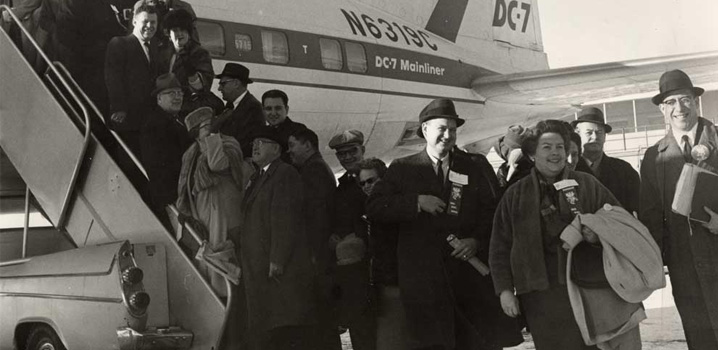
The headline of the Badgers' third Rose Bowl appearance — and third defeat — was that of the amazing school spirit and dignity among UW alumni and fans.
The Chicago Tribune editorialized: "The power and a share of the kingdom were Southern California's, but the glory of the Rose Bowl was Wisconsin's."
The Des Moines Register said: "It takes real courage to keep on trying when the score is 42 to 14. The odds are hopeless — it takes a strong and stubborn man not to sag into the gloom of defeat when the fans begin to trickle out of the Bowl to get an early start home."
And WAA's Executive Director Arlie Mucks, Jr. '43 wrote in the February 1963 Wisconsin alumnus: "We have a great tradition at Wisconsin and I maintain participation in a high-quality event such as the Rose Bowl is of an ultimate benefit to the university, its students, alumni and the state... We tip our hats to the Badgers. Through their efforts, they have given real meaning to the words 'On Wisconsin.'"
Badgers Earn Three Wins at Camp Randall West under Alvarez — 1994, 1999 and 2000
It would be 19 years before Wisconsin would win a bowl game (against Kansas State in the Independence Bowl in 1982) ... 31 years before they would return to the Rose Bowl, this time under the leadership of Barry Alvarez, and this time, securing a major win against UCLA 21-16. The UCLA players and coaching staff remarked more than once that so many Wisconsin fans were in attendance, it no longer felt as if they had home field advantage, and the term "Camp Randall West" was coined.
In less than a decade, Alvarez returned with his players two more times, making Wisconsin the first Big Ten team to win back-to-back Rose Bowl games with wins in 1999 and 2000. Those same years, running back Ron Dayne made college football history, breaking the Rose Bowl record with four touchdowns and earning game MVP in consecutive years.
Badgers Go Back-to-Back for a Second Time — 2011 and 2012
Ten years after the Badgers' last Rose Bowl appearance, thousands of Wisconsin fans once again headed to Pasadena with fond memories of the previous decade's travel adventures and high hopes for another win. Despite a close loss to TCU in 2011, these fans say they are always proud to be Badgers.

